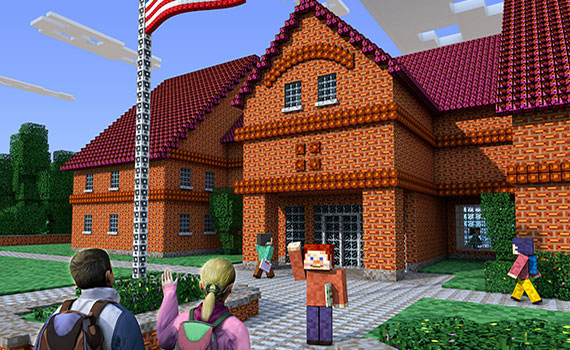We are surrounded by machines. From the time we wake up to the time we doze off, there is a continuous operation of machines. We purchase various kinds of machines to enhance our life and lifestyle. One machine that best defines our personality and status is the automobile that we own.
What is Automobile Engineering?
What is Automobile Engineering?
Automobile Engineering is a branch of engineering which deals with designing, manufacturing and operating automobiles. It is a segment of vehicle engineering which deals with motorcycles, buses, trucks, etc. It includes mechanical, electrical, electronic, software and safety elements.
Skills Required:- Artistic
- Creative
- Technical knowledge
- Effective planner
- Precision
- Meticulous
- Systematic
- Punctual
- Team worker
What are the Entrance Exams to be taken to get admission in Automobile Engineering course?
The automobile engineering career option is fast paced and very creative. It is one of the most preferred careers by engineers. Thus students vie for a seat in the following entrance exams.
List of Colleges Offering Masters in Automobile Engineering Programs
A master's degree program in automotive engineering offers advanced study of the function, mechanical workings and production of automobiles. These programs may be specifically in automotive engineering or in mechanical engineering programs that offer an automotive concentration. A master's degree typically takes 2 years to complete.
How to Select a Master's Program in Automotive Engineering
Although mechanical engineering programs offer relevant material, there is a greater amount of automotive coursework included in a master's degree specifically in automotive engineering. Some programs offer concentrations in areas such as electric power systems or electronic control systems. Importantly, online programs are available, enabling students to continue working while completing degree requirements.
Consider the following when looking for an master's degree program in automotive engineering:
Automobile Engineering Program Overview
Master's Degree in Automobile Engineering
Students can find master's degree programs in automotive engineering or focus on the field of study through a mechanical engineering program. A master's degree can typically be earned in two years. The degree often qualifies graduates to work in a number of positions in the automotive industry, including design engineering, management or technology research. A thesis, internship or capstone experience might be required. Coursework includes:
Some Schools to Consider
| College/University | Institution Type |
|---|---|
| Lawrence Technological University | 4-year, Private |
| University of Michigan | 4-year, Public |
| Michigan Technological University | 4-year, Public |
| Ohio State University | 4-year, Public |
| University of California Davis | 4-year, Public |
| Clemson University | 4-year, Public |
| Rochester Institute of Technology | 4-year, Private |
| Georgia Institute of Technology | 4-year, Public |
| Kettering University (GM Institute) | 4-year, Private |
| University of Texas | 4-year, Public |
